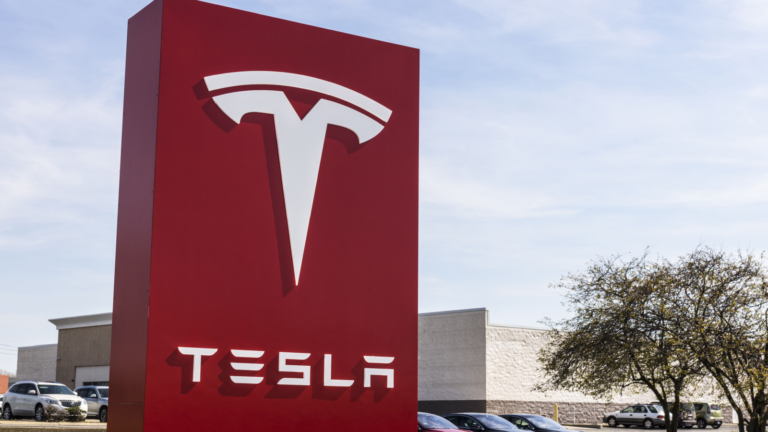In the world of EV stocks, Tesla (NASDAQ:TSLA) stock remains king. The U.S. EV maker continues to demand the highest valuation of its peers and is among the most noted and respected brands in the space.
However, a series of macro and company-specific issues have hit this stock over the past year. Demand for EVs has waned, as consumers appear to be nearing their limits in terms of the amount they can borrow, given where interest rates are.
This has led to sector-wide price cuts, with Tesla leading the way. More price cuts means weaker margins, and that’s not good for shareholders.
Other Musk-related news continues to hamper the stock, with an ongoing saga around the CEO’s pay package continuing to overshadow the stock.
Besides myriad other issues, I think there are better options to consider in this space.
TSLA Stock and BYD
Today’s most crucial EV maker is BYD (OTCMKTS:BYDDF), a Chinese-owned, Warren Buffett-backed company challenging Elon Musk.
BYD surpassed Tesla as the top EV seller last year and is now competing with Toyota, boasting a new hybrid powertrain capable of 1,300 miles without refueling, far exceeding the typical 680-mile range of other hybrids.
BYD’s Hong Kong shares surged over 5% on Wednesday. This is significant because Tesla, although the bestselling EV in the U.S., is losing market share abroad to cheaper foreign competitors.
Tesla hasn’t introduced major innovations recently to justify its higher prices.
BYD, producing both EVs and hybrids, is outpacing Tesla globally. As China’s leading car seller, BYD surpassed Volkswagen last year.
Its sedans, starting at about $14,000, are significantly cheaper than the $28,000 Toyota Prius, the top-selling hybrid in the U.S.
Tesla Shareholders Are Not Happy About Elon Musk
Proxy advisory firm Glass Lewis urged Tesla shareholders to reject Elon Musk’s $56 billion pay package because of its excessive size and potential harm to smaller shareholders.
This recommendation follows a Delaware judge’s nullification of the 2018 pay package, prompting a new shareholder vote on June 13. Tesla hasn’t commented on the recommendation.
Institutional investors rely on proxy advisory firms to guide voting at annual and special meetings.
In a 71-page report, Glass Lewis advised Tesla shareholders against Musk’s $56 billion stock grant, warning it could dilute their shares’ value.
The firm highlighted Musk’s substantial compensation from his 12.9% Tesla ownership, valued at $74 billion, and noted his interests are aligned with the company because of this stake.
Glass Lewis argued that Musk’s current Tesla stake challenges the necessity of his 2018 pay grant. The 2018 deal would issue about 304 million new shares, diluting existing shares by 9%.
If approved, Musk’s ownership would rise to 22.4%, making him Tesla’s largest shareholder, which raises concerns about the impact on other shareholders.
On the date of publication, Chris MacDonald did not hold (either directly or indirectly) any positions in the securities mentioned in this article. The opinions expressed in this article are those of the writer, subject to the InvestorPlace.com Publishing Guidelines.

